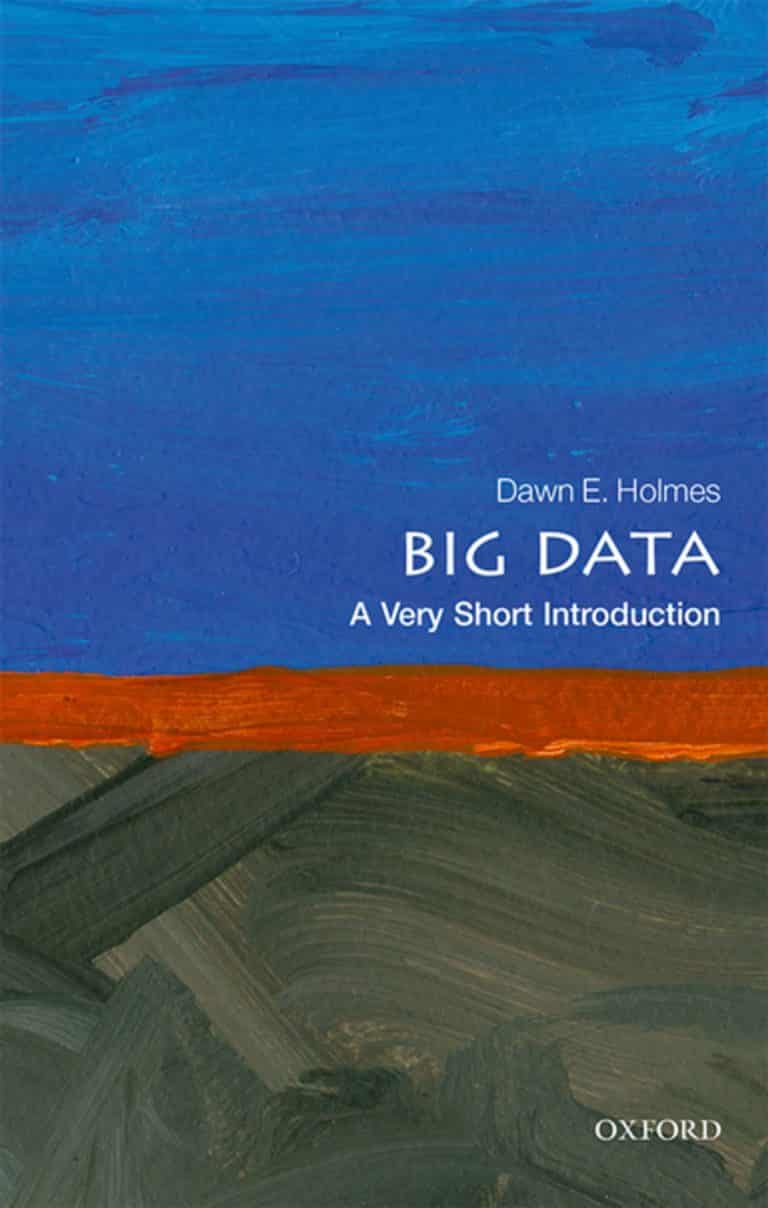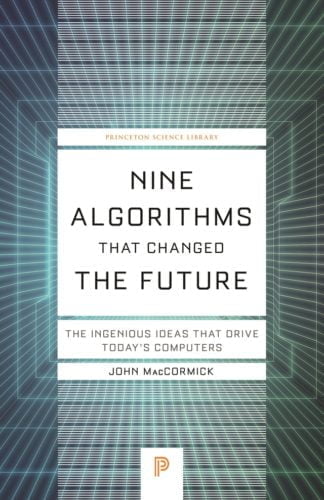Data has been gathered and organized by various cultures around the world since long before computers were even considered. The volume of data generated every day increased dramatically after widespread Internet connection became a reality for the majority of people on the planet. All of our uploaded files, including audio, video, and images, as well as all of our social media activity, online purchasing, and even our car’s GPS data, are all included.
Big Data is not just a numeric transformation but also a qualitative one. The phrase describes both the new technologies involved as well as the potential applications for both industry and government. Dawn E. Holmes explains how data is saved, processed, and used by a variety of organizations, from large corporations to groups dedicated to disease control, using a variety of case studies. Big data is revolutionizing both company operations and the potential of medical research. Holmes highlights incidents like the Snowden affair, data security, and household smart devices that can be taken over by hackers, raising significant ethical questions in the process.
















